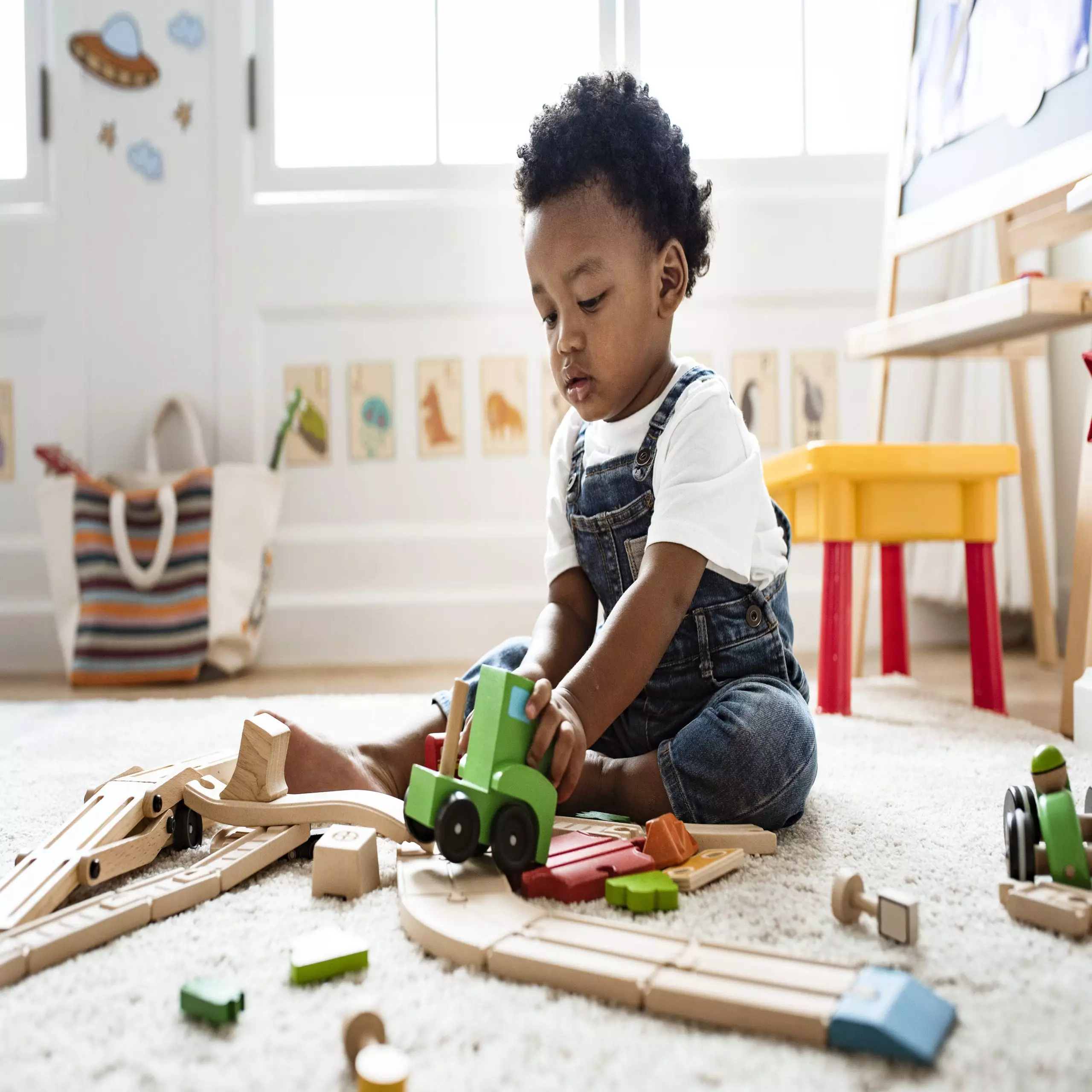As parents navigate the whirlwind of daily life, it’s imperative to recognize the profound implications of the early years on a child’s brain development. Astonishingly, 85% of brain growth happens before a child reaches three years of age. This foundational period not only shapes their emotional landscape but also plays a crucial role in their physical well-being. An engaged parent-child relationship during this time can deliver a considerable advantage, setting the stage for lifelong learning and adaptability. Therefore, incorporating positive dialogues and interactive activities into daily routines is essential for nurturing healthy development.
The Power of Reading Together
One of the most transformative activities for budding language skills is reading. Instead of opting for screen time, parents can delight in the simple yet profound act of reading aloud to their toddlers. By saying, “Let’s turn off the iPad and pick a book,” a parent initiates dialogue and emotional connection that fosters early literacy. Reading not only enhances vocabulary but also boosts comprehension and listening skills at an age when they are ripe for absorbing new language. Selecting books with captivating illustrations and themes that resonate with your toddler’s interests, such as animals or cars, can exponentially enhance their engagement. The ideal choice includes narratives that celebrate sharing, diversity, and warmth, steering clear of any content that might induce fear or distress.
The transition from breast milk or formula to solid foods is a significant milestone that requires mindful planning. Parents can encourage healthier choices by suggesting alternatives like, “Let’s choose milk instead of juice.” Nutrient-rich diets pave the way for robust growth, and fortified milk plays a pivotal role during this transition, offering essential vitamins like D. However, it is essential to embrace the picky eating phase with patience and creativity. By consistently introducing healthier options, such as vegetables, several times, you can help your child develop a taste for them. An effective strategy might involve turning the meal into a fun experience by counting pieces or incorporating dips that appeal to their palate.
Encouraging Movement and Motor Skills
In the realm of physical activity, toddlers thrive on movement. By suggesting activities like, “Let’s practice riding your bike,” parents can channel their child’s boundless energy while helping them hone essential motor skills. Engaging with various toys that promote movement—like wagons, push toys, or balls—affords toddlers the opportunity to investigate their physical capabilities. These activities not only enhance coordination but also infuse joy into physical health, supporting their overall well-being.
Promoting cognitive development in toddlers is equally important, and play is a crucial avenue through which they explore the world. By stating, “Let’s tackle this puzzle together,” parents can facilitate problem-solving and critical thinking while having fun. Selecting open-ended toys such as puzzles, shape sorters, and building blocks encourages exploration and allows children to develop fine motor skills and spatial awareness. These activities foster resilience as little ones learn from trial and error, thereby reinforcing their ability to face challenges in the future.
Exploring Nature
The benefits of outdoor play cannot be overstated. Suggesting, “Let’s tend to our garden,” can open up a world of opportunities for your child to engage with nature. Research indicates that outdoor experiences enhance physical activity, creativity, and focus. Activities like bug catching or planting seeds cultivate curiosity about the environment, helping children develop a sense of responsibility toward the natural world around them. Providing the tools—whether a small rake or a watering can—can make this experience enriching and memorable.
As birthdays and special occasions approach, it’s important to remember that experiences can be more enriching than material gifts. Instead of solely focusing on physical items, encourage the tradition of gifting experiences, such as trips to the zoo or local farms. Suggest, “Let’s ask Grandma for zoo tickets this year,” to reinforce the value of shared experiences over material possessions. Capturing these moments through photographs can help solidify these memories, fostering a sense of gratitude and connection within your family.
The remarkable journey of child-rearing demands conscious effort and positivity in interactions, especially in those foundational early years. By prioritizing quality time through reading, physical activity, nutritious choices, play, outdoor exploration, and experiences, parents can firmly lay the groundwork for emotionally and physically healthy children ready to confront the challenges of tomorrow.

